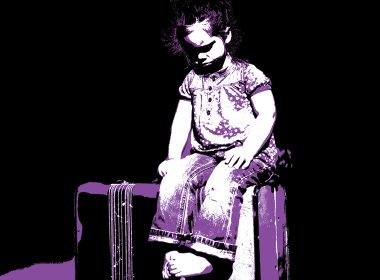Snapshot
- In a recent Court of Criminal Appeal decision, the Court has restricted the admissibility of certain expert psychological and psychiatric evidence as to doli incapax in criminal cases involving children under the age of 14.
- While the onus is on the prosecution to disprove doli incapax beyond reasonable double, defence representatives should avoid the pitfall of solely relying on the Crown case.
- A prudent defence should consider calling appropriate psychological and psychiatric evidence to support a doli incapax finding.
On 24 November 2023, the Court of Criminal Appeal (‘CCA’) handed down their decision in R v IP [2023] NSWCCA 314. The accused (‘IP’) was 13 years old at the time of the alleged offending and, due to his age, was presumed to be doli incapax. The Crown had filed an appeal under section 5F of the Criminal Appeal Act 1912 (‘5F appeal’) to prevent the defence from relying on parts of the expert medical evidence on doli incapax. The appeal was initiated during a murder trial in the Supreme Court.
The Crown was ultimately successful in its 5F appeal. The CCA restricted the use of expert medical evidence which could be put forward to rebut the presumption of doli incapax. On 20 December 2023, the jury returned a verdict of ‘not guilty’ to both the murder charge and the alternative charge of manslaughter.
Doli incapax
Section 5 of the Children (Criminal Proceedings) Act 1987 (NSW) provides that a child under the age of 10 years cannot commit an offence. The common law presumption is that a child between the age of 10 and 14 years is incapable of committing a crime due to a lack of understanding of the difference between right and wrong. This is the common law presumption of doli incapax which is Latin for ‘incapable of wrong’.
The presumption of doli incapax can be rebutted by the prosecution calling evidence. Such evidence must be specific to that child and not merely a comparison with an average child of that age. The onus is on the prosecution to prove beyond reasonable doubt that the child knew what he or she did was seriously and morally wrong, as distinct from mere mischief or naughtiness. The existence of the presumption of doli incapax at common law was affirmed in RP v The Queen (2016) 259 CLR 641.




